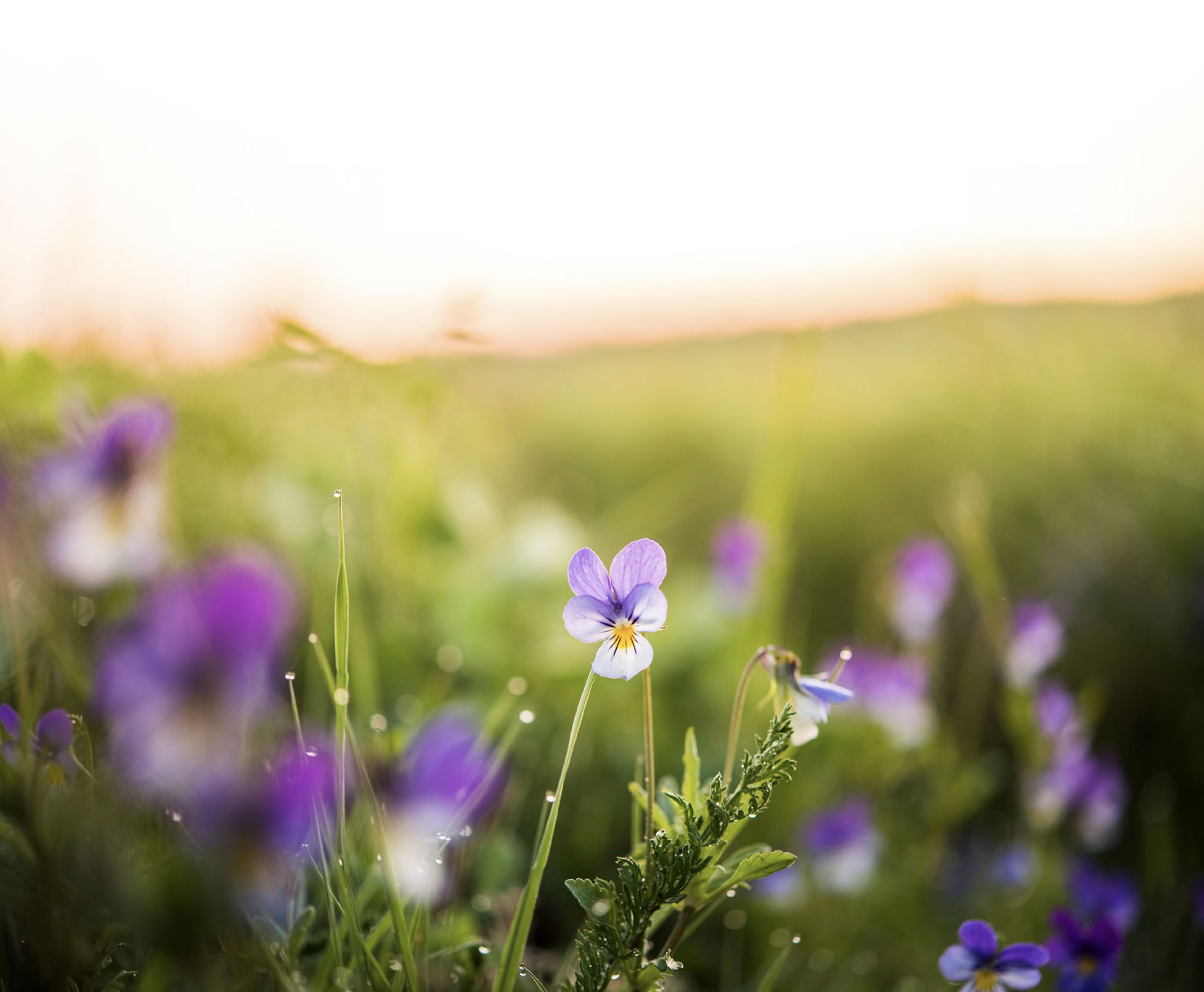
My Story
A life devoted to truth and wisdom
When I was a child in Korea, everyday life was filled with magic. Everything that happened had meaning and purpose, even painful events and experiences. I come from a family and culture that honors the sacred. I started having mystical dreams as a little girl, and I knew my purpose in life was to help people connect to the divine.
I was born and raised in South Korea until the age of nine. My father left our family while I was still young, and my younger brother and I were raised by our maternal family. I grew up in a religious household, and my early spirituality and faith was anchored in the beliefs systems of Protestant Christianity. My childhood was filled with hardship and difficulties from having immigrated to another country with a single mother, who did not speak English. As the oldest child, I assisted my mother navigate American culture and language, which is commonly seen in immigrant families. I have been thinking about the complexities of migration, culture, and identity throughout my life due to my personal experiences and challenges.
Most of my 20s and 30s were spent studying psychology, theology, religion, and sacred art. I developed an interest in academics and learning since immigrating to the U.S. School gave me an opportunity to focus my energy and grow my interests in the midst of difficult familial and social circumstances. As an undergraduate student at Smith College, I studied psychology and religion. During my time at Smith, I became confident in my identity as a serious young woman, who wanted to achieve serious goals in life. I was engrossed in my studies in psychology, which offered a lens through which I made sense of my life and family, and I started putting the pieces together about myself and who I am in the world.
My first master’s degree is in theological studies from Harvard Divinity School, where I expanded my scholarly and research skills in the areas of healing. It was at Harvard that I first encountered shamanism as a topic of academic interest, and my fate was sealed during my time there in terms of my research interests in healing, arts, and creativity.
After my studies in theology, I returned to Seattle where I revisited my first love – psychology. Although I studied psychology in college, I was turned off by the field of psychology for not often involving the human story of healing into its narrative. As is always the case in my life, I met the right people who guided me to the right path.
Seattle University, a Jesuit institution, has a one-of-a-kind master’s program in Existential-Phenomenological Psychology. Through this program, I continued my learning in making sense of the world through philosophy and specifically phenomenology. I had the privilege of meeting and studying with Dr. Steen Halling, who taught me how to look at the world with a critical lens using the language of phenomenology and qualitative research. This skill has been a gift not only in conducting research but also in living my daily life. Through the world of existential-phenomenological psychology, I was able to re-engage in Western psychology and feel comfortable working within the systems of psychology to assist people in their healing journeys.
By this time of my life, religion and spirituality looked very different than what I was taught earlier in life. I was beginning to be influenced by different spiritual traditions, including Eastern religions and practices as well Western esoteric traditions.
My last academic adventure was a PhD in clinical psychology. I chose Saybrook University due to its history of honoring humanistic perspectives and to specifically study with Dr. Stanley Krippner, who has been a tremendous influence in my life. Dr. Krippner is an expert in shamanism, dreams, and consciousness. Due to my studies at Saybrook, I was able to integrate my academic interests in psychology, contemporary forms of shamanism, and a passion for spirituality and healing.
Today, my professional identity is housed in transpersonal psychology and contemporary shamanic practices. During my academic journey, it progressively became clear that I will walk the path of a scholar and practitioner of the two disciplines above. Throughout my doctoral training, I often thought I would mainly work as a psychologist and a scholar of shamanism; however, it became clear that my ancestors had something else in mind for me.
In 2018, I went through two initiations – one in academia and one in Muism (Korean shamanism). I became a Doctor of Psychology and a Mudang (Korean shaman) in the same year, and I was able to combine academic and wisdom learning to practice a holistic approach to healing. I am excited to share all that I have learned and experienced in my life and use my unique set of gifts to assist people on their healing journeys.
